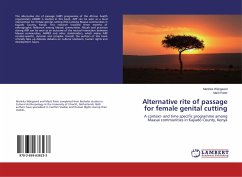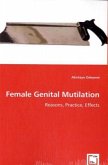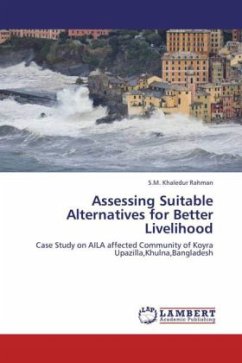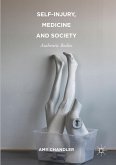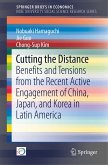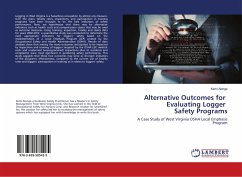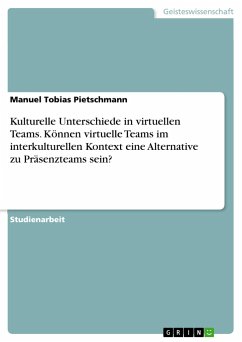The alternative rite of passage (ARP) programme of the African health organization AMREF is studied in this book. ARP can be seen as a local intervention for female genital cutting (FGC) among Maasai communities in Kajiado County, Kenya. This research involved three months of ethnographic fieldwork among Maasai communities. Rituals and practices during ARP can be seen as an outcome of the mutual interaction between Maasai communities, AMREF and other stakeholders, which makes ARP context-specific, dynamic and complex. Overall, the authors of this book critically take up debates debates on cultural relativism, human rights and development issues.

